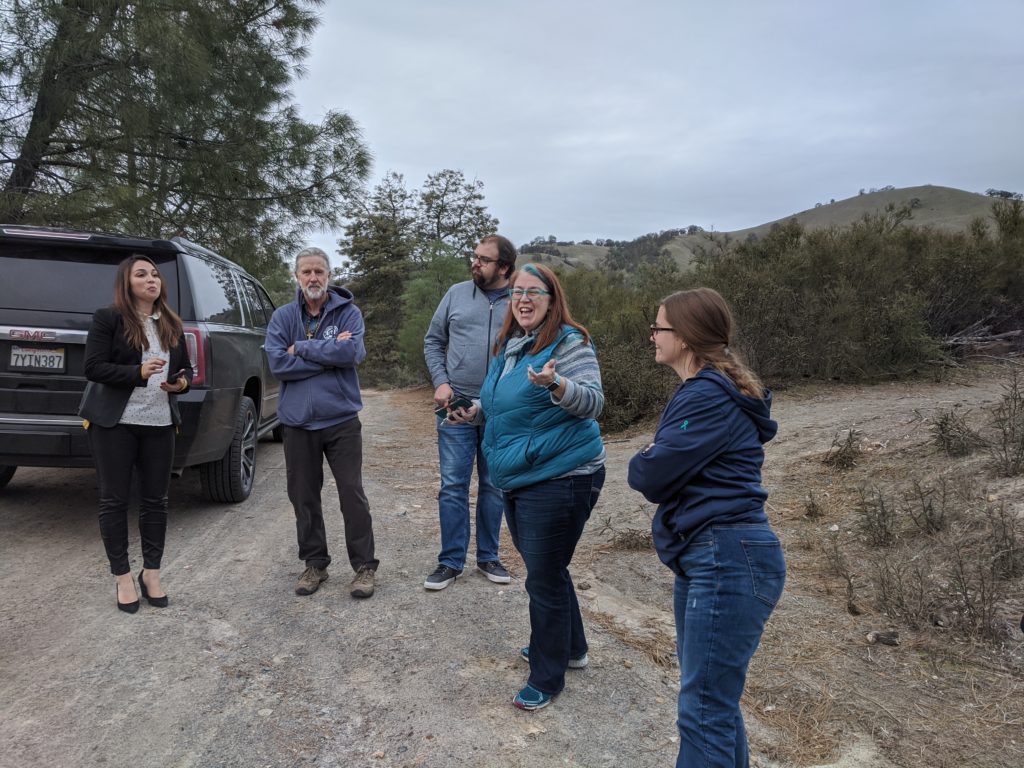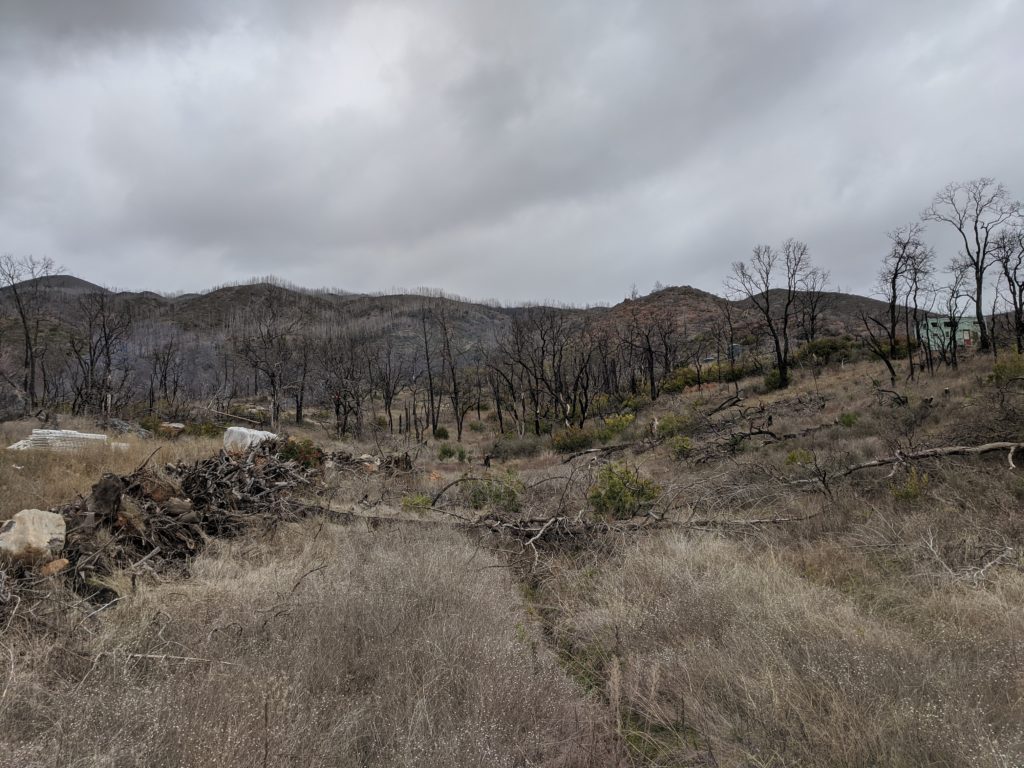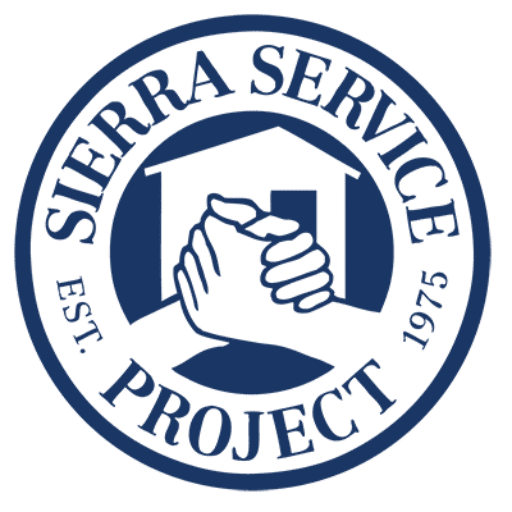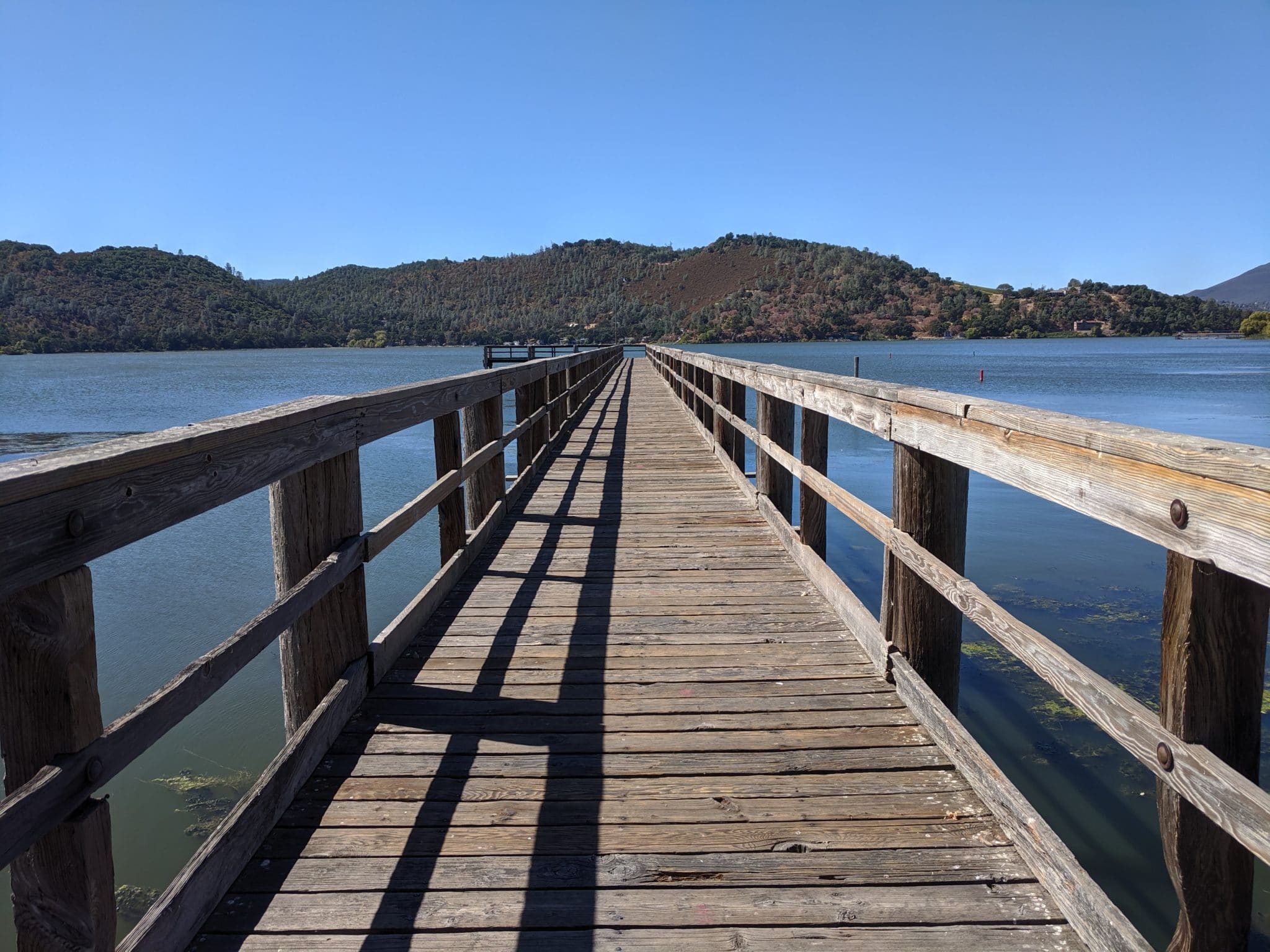By Lake County Summer Staff
Kelsie Currie (Site Director), Em Harvey (Spiritual Life Coordinator), Meghan Andrus, Jordan Garvine, Catie Parker, Evan Rosenblum
Our summer theme “Grounded” revolved around growth – exploring what we need to grow, seeking out healthy environments and challenges, choosing how to be present, and spreading growth into our communities and daily lives. Our staff team strived to create community from far apart, and to show volunteers growth is possible and present in all situations. We hoped to show God is an abundant source of love and strength when going through periods of change, desolation, or anything in between. SSP’s overall goals are to empower youth and help young people to build their faith and grow. The program this year, though very different, accomplished these goals, and encouraged youth to carry the “SSP Spirit” into their communities and lives at home.
“We hoped to show God is an abundant source of love and strength when going through periods of change, desolation, or anything in between.”
Community Partnerships
This was our first year back to serve Lake County in two decades and our staff was excited to share new community connections with participants. Serving with Lake County allows us to connect with advocates and organizations who are doing life-changing work year-round in their community. We were invited to Lake County by a coalition of local agencies providing wrap-around services to community members. Shannon Kimbell-Auth has a long history with SSP, as the pastor of the church that hosted us during our last summer in Clearlake back in 1999. Shannon works with Project Restoration as the Manager of Community Integration, working to connect community members with organizations that provide support for their health and wellness. We also worked with North Coast Opportunities, an organization working in several California counties to assist “low-income and disadvantaged people to become self-reliant.” These organizations are working to build stronger communities and networks for those who need support. Lake County is the poorest county in California, lacking sufficient resources for transportation, mental health support, and housing. Our partnership with these Lake County nonprofits helped SSP raise awareness for their advocacy efforts and educate participants on these important issues.
“Serving with Lake County allows us to connect with advocates and organizations who are doing life-changing work year-round in their community.”
Community Crossing sessions allowed both staff and participants to gain a deeper understanding of the Lake County community, the participants’ own communities, and the world around them. We educated participants on the challenges Lake County faces and ways they continue to embrace their community with resiliency. During training, SSP staff met with three different Lake County community partners, and discussed the struggles their community faces including houselessness, poverty, fire devastations, mental illness, and unemployment. This provided us with valuable insights into their community and their advocacy that we amplified during the summer.

We started the week by sharing about the overall area of Lake County, including the high statistics on poverty (22.8% of Lake County’s residents live below the poverty line) and unemployment rate (11.6% as of July 2020), while also addressing the natural beauty of the region. It was important to give participants a foundational understanding of the community so we could have productive conversations about service and advocacy. Catie led this session using Kahoot to keep the participants engaged and excited to learn more, and also included time to go outside for chalk art to spread joy and love to their own communities. In breakout rooms we discussed what facts about Lake County surprised us the most and what issues we would prioritize, often leading to deeper discussions about what values are most important to each participant and why. To close, we defined what ‘community’ means to us, acknowledging what communities we are a part of, and what we value most in a community.
“We defined what ‘community’ means to us, acknowledging what communities we are a part of, and what we value most in a community.”
Understanding Poverty
Kelsie also led a session on poverty, addressing different assumptions we have heard about those experiencing poverty. In order to build empathy and understanding, we wanted to call attention to the idea that one can only understand poverty after experiencing it personally. These activities also helped show why our service and advocacy alongside community partners is valuable. In order to build understanding, we led a poverty simulation where we had lost our job and only had $1,000 left to our name. We had to make a series of decisions as a group in order to make it through the month. It began by asking questions about what job to apply for, how far to live from work, and what food to buy, then progressed to what to do if your child was starring in a school play, but your neighbor would pay you if you helped them move. We continued to have to make other difficult decisions where we had to prioritize how to spend our money on a tight budget. For example, would we accept a coat from a friend? Would we spend half our money to drive across the country in order to attend our grandpa’s funeral? We then divided into breakout rooms and discussed which decision was most difficult to make. This simulation opened our eyes to the difficult decisions many people, including some in Lake County, have to make every day and led to discussions on how we can change our assumptions about those experiencing poverty.
Fire Preparedness
Evan and Jordan led a discussion on the fire risk and trauma associated in Lake County, discussing how half of the county has been burned since 2012, and many properties are not insured due to legal or structural issues. Fire danger has been a serious issue in Lake County that has exposed the inequity that exists for many, including lack of access to safe housing, healthcare, and transportation. Uninsured residents may have very limited ways of recovering if they lose their homes and belongings in a disaster, putting their safety and financial stability in jeopardy.

Halfway through the presentation, Jordan played alarm sounds and told all participants to pack everything they had in three minutes due to a fire evacuation, to imitate similar experiences of those who live in Lake County. This activity shed light on how disruptive disasters can be, including the stress and anxiety that can come from always being on guard. We discussed both what they learned from the fire presentation and what they decided to grab during their evacuation simulation.
Resiliency
To end the week, Meghan led a presentation on resiliency, both on what it is and how to build it up. We discussed how we respond to stress and anger, and plan for realistic ways to make our responses more effective. We then gave time for the participants to draw and write down their core values to remind them that during difficult times it is important to find what grounds us. This tied in well with Em’s program throughout the week as participants reflected on their soil and growth. Our community partner organizations work with residents to build their own resilience as they grow in their general health and wellness.
“The eye-opening simulations allowed participants to begin to understand the complexity of the decisions faced by those experiencing poverty, providing context for our advocacy and partnerships with local organizations.”
Through Community Crossing sessions, participants got to form a unique community online while learning about our partners in Lake County. The eye-opening simulations allowed participants to begin to understand the complexity of the decisions faced by those experiencing poverty, providing context for our advocacy and partnerships with local organizations. We designed activities this summer to provide an understanding of the Lake County community and the support we can provide from afar. Our passionate community contacts are consistently working to provide these resources, and we can’t wait to see these partnerships evolve in the future!
Editor’s Note: Whether or not you participated online this summer, complete our program interest survey to let us know how you’d like to be involved with SSP in the coming year!

